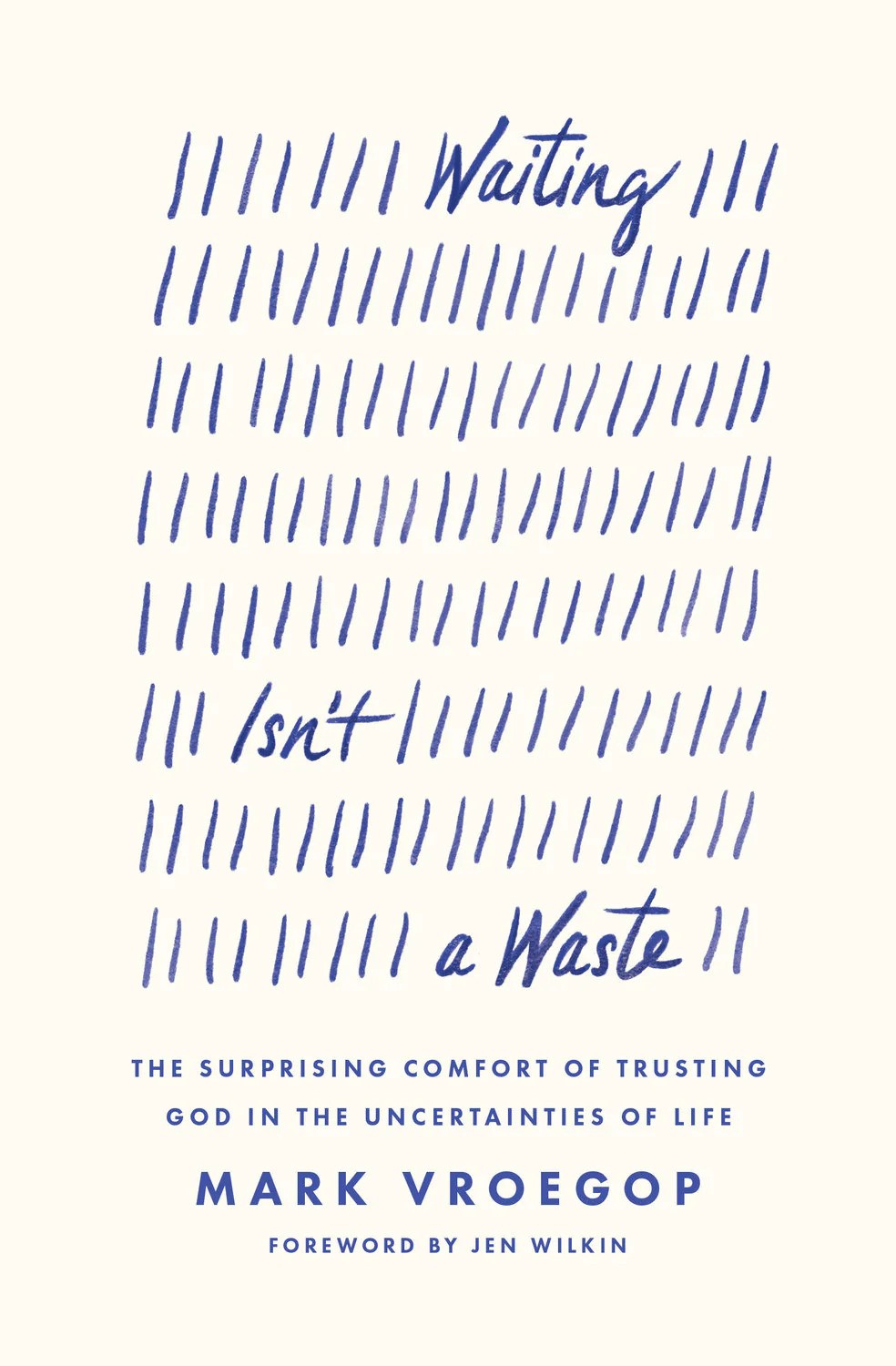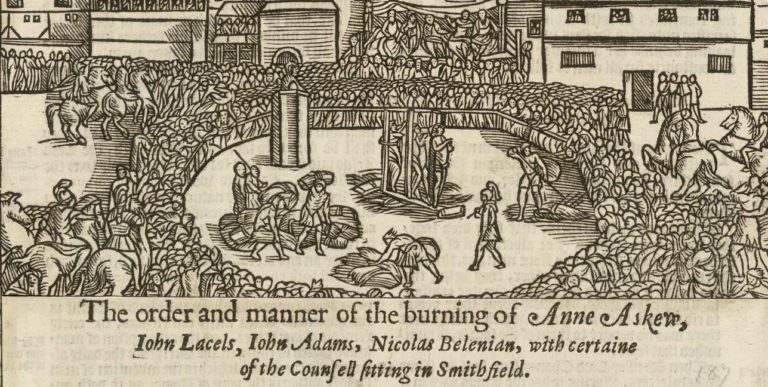One of the hardest things about waiting is that everyone else always seems to do a lot less of it than I do.
It’s the inverse of the situation when you buy a particular model (or colour) of car, and all of a sudden, you notice that people everywhere are also driving that same car, in that exact colour. In seasons of waiting, what comes into sharp focus is that people everywhere are driving the exact car you desperately want.
Swap out that car with a better job, a longed-for marriage partner or child, a more stable living situation or house, improved health, a breakthrough in a difficult situation, and you can understand what motivated Solomon to write “Hope deferred makes the heart sick, but a longing fulfilled is a tree of life” (Prov 13:12). Even King Solomon, with everything he could possibly desire, was left wanting.

Waiting Isn't a Waste
Mark Vroegop
Throughout our lives, we experience countless periods of waiting. Some moments are mere nuisances—others are daunting seasons filled with intense worry and doubt. Whatever our current circumstances, our innate response is to take action rather than stay still.
In Waiting Isn’t a Waste, author Mark Vroegop calls believers to resist the human urge for control and lean on Christ for comfort while we wait for the uncertainties of life to unfold.
It can be easy to tell ourselves that waiting is life’s exception and not the norm. But as I’ve gotten older, I’ve come to realise that the supposed uniqueness of my waiting periods is a lie of the Enemy, and Mark Vroegop’s Waiting Isn’t a Waste does a great job of unpacking why. At 152 pages, it’s a short and punchy read, with wise insights for every Christian, whether you’re presently in a season of waiting or will be in future.
We Moderns Don’t Like Waiting
As an impatient person, I’ve always fitted into the modern world. Vroegop traces this common mindset back to our tendency to fill the “gaps of life” (xv) with distractions or by checking items off our endless to-do lists. When our desires for instant gratification and control are thwarted or our human limitations are exposed (such as during the COVID-19 pandemic), we can get frustrated, anxious, angry, or cynical.
While the Bible rightly urges us to be good stewards of our time, Vroegop explores how Christians can overcorrect by neglecting seasons of waiting as redemptive and transformative tools that ultimately generate peace and contentment—even while our desires remain unfulfilled. Vroegop urges his readers to see waiting as a spiritual resource to mine, rather than an unpleasant delay or necessary evil.
Christians can overcorrect by neglecting seasons of waiting as redemptive and transformative tools that ultimately generate peace and contentment
Waiting Is at the Heart of the Christian Life
Referencing heroes of the faith like Abraham, Hannah, and Joseph, Vroegop explains how waiting is not just a common theme in the Old and New Testaments, but a tension at the very heart of a believer’s life. Waiting is not strange or unexpected but something all of God’s people have been called upon to endure at various points in their lives—sometimes for most of their lives. As Vroegop puts it: “Waiting isn’t a supplemental experience of the Christian life. It’s central. Following Jesus involves a life of waiting” (24) and “Christians are those who wait” (69).
This side of heaven, we all have moments, gaps, or seasons during which God asks us to wait. If we give in to our culture’s prevailing mindset, we’ll fill those moments with spiritually unhelpful responses and waste the unique opportunity that waiting presents to cultivate patience in our hearts.
How Do We Wait?
Vroegop centres his book on this helpful definition: “Waiting on God is living on what I know to be true about God when I don’t know what’s true about my life” (xix). Waiting is a test of belief (31). It is the time when we need to look to God rather than our own understanding and cultivate hope and trust in him—that he will help us (36). Vroegop emphasises that waiting and hope are biblically synonymous concepts.
Waiting on God is living on what I know to be true about God when I don’t know what’s true about my life.
In six concise, easy-to-follow chapters, and with honest insights into his own tendencies to waste periods of waiting, Vroegop unpacks exactly how the Christian should wait:
- Honestly—admitting that waiting is hard.
- Frequently—acknowledging that waiting is common.
- Thoughtfully—remembering that waiting is biblical.
- Patiently—reminding ourselves waiting is slow.
- Intentionally—understanding waiting is a choice.
- Collectively—seeing waiting as relational.
With this biblical mindset, we can fill the “gap” of waiting not with earthly distractions or frustrations but with “[God], his plans, or his promises” (3). As Vroegop says:
Waiting on God is a choice to face uncertainty differently. Since waiting means to look to something, this command involves the choice to look to God—who he is, what we know about him, his gracious history—to fill the spaces that tend to attract our fear, anxiety, or frustration. (68)
My Own Experiences of Waiting
As my husband and I wait for a child (a wait that’s been going on for many years already), I’m often tempted to feel anxious, frustrated, bitter, or apathetic. I’m tempted to think my present identity of “waiting on God” is something alien and unique.
As a childless woman surrounded by many mothers and young families, I’ve struggled to understand my identity in Christ and his kingdom. God has been teaching me not to lean on my own understanding about my situation (Prov 3:5) but to patiently rehearse what I know to be true about him.
Waiting Isn’t a Waste is a timely and much needed reminder to not waste my season of waiting, but to work on establishing a pattern of daily dependence on God. May the same be true for you.















